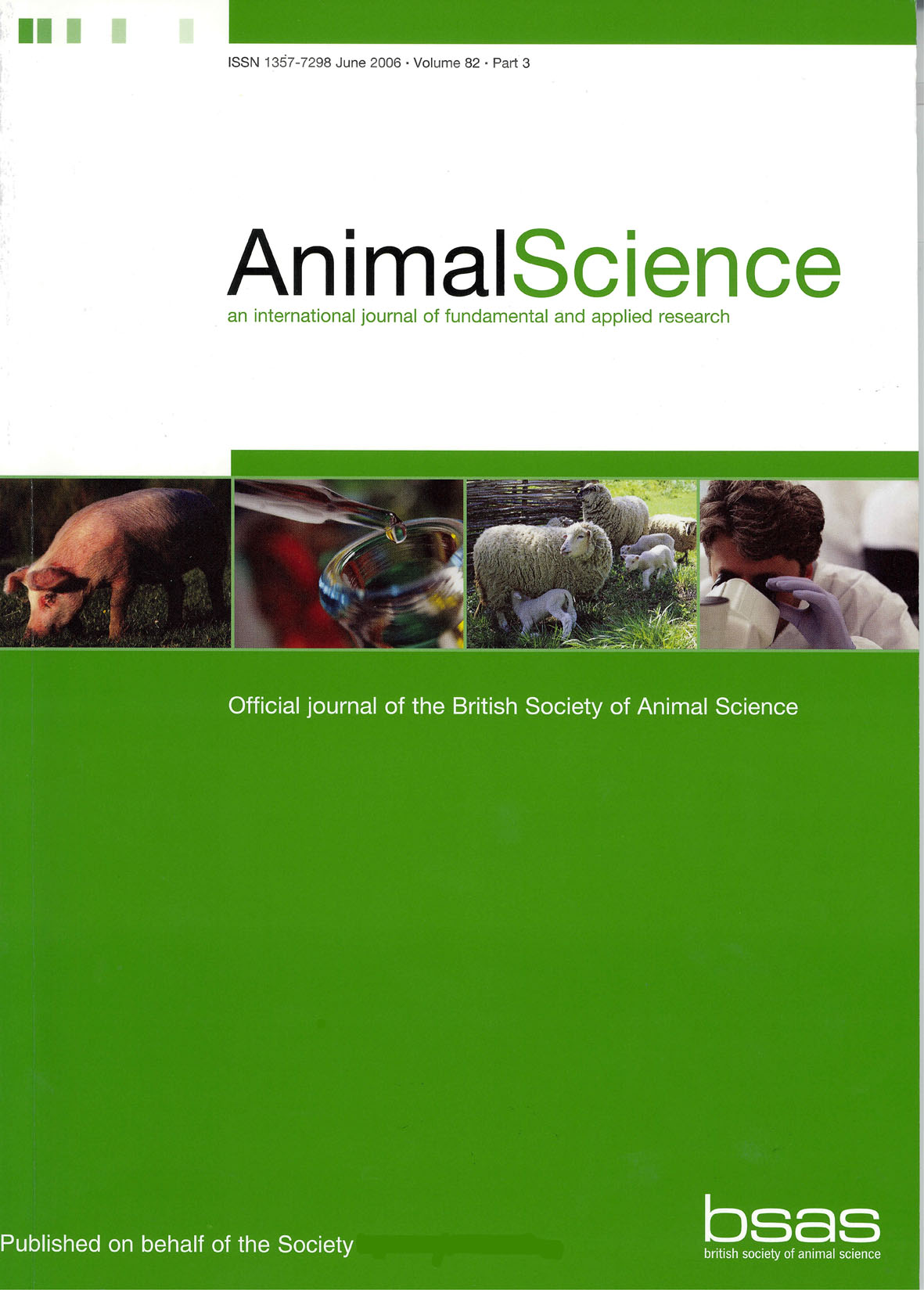Article contents
The effects of selection on sex differences in pre-weaning growth in beef cattle
Published online by Cambridge University Press: 02 September 2010
Summary
Pre-weaning growth data from 3822 calves reared in 11 Victorian herds were analysed. The results suggested that the superiority of males (bulls) over castrated males (steers) in pre-weaning growth was due, at least partly, to the early castration of poorly growing male calves, i.e. to the effects of early selection. The extent of this selection bias was further examined using results from similar studies and from experiments in which bulls and steers were selected without bias. These studies strongly supported the view that the superiority of bulls over steers was primarily due to selection and not to sex effects. If sex did influence the bull-steer difference it was of no statistical or practical importance.
In the Victorian data, the ratio of bulls to steers was higher in subclasses in which average growth rates were higher. When selection effects are correlated in this way with other environmental effects such as age of dam effects further biases may arise in estimation of those effects and hence in individual or mass selection.
The results indicated, therefore, that unless bulls and steers are treated as one sex biases can arise in both individual selection and progeny selection.
- Type
- Research Article
- Information
- Copyright
- Copyright © British Society of Animal Science 1977
References
REFERENCES
- 3
- Cited by


